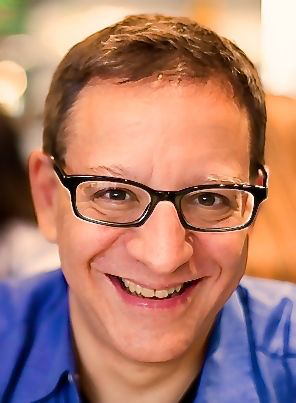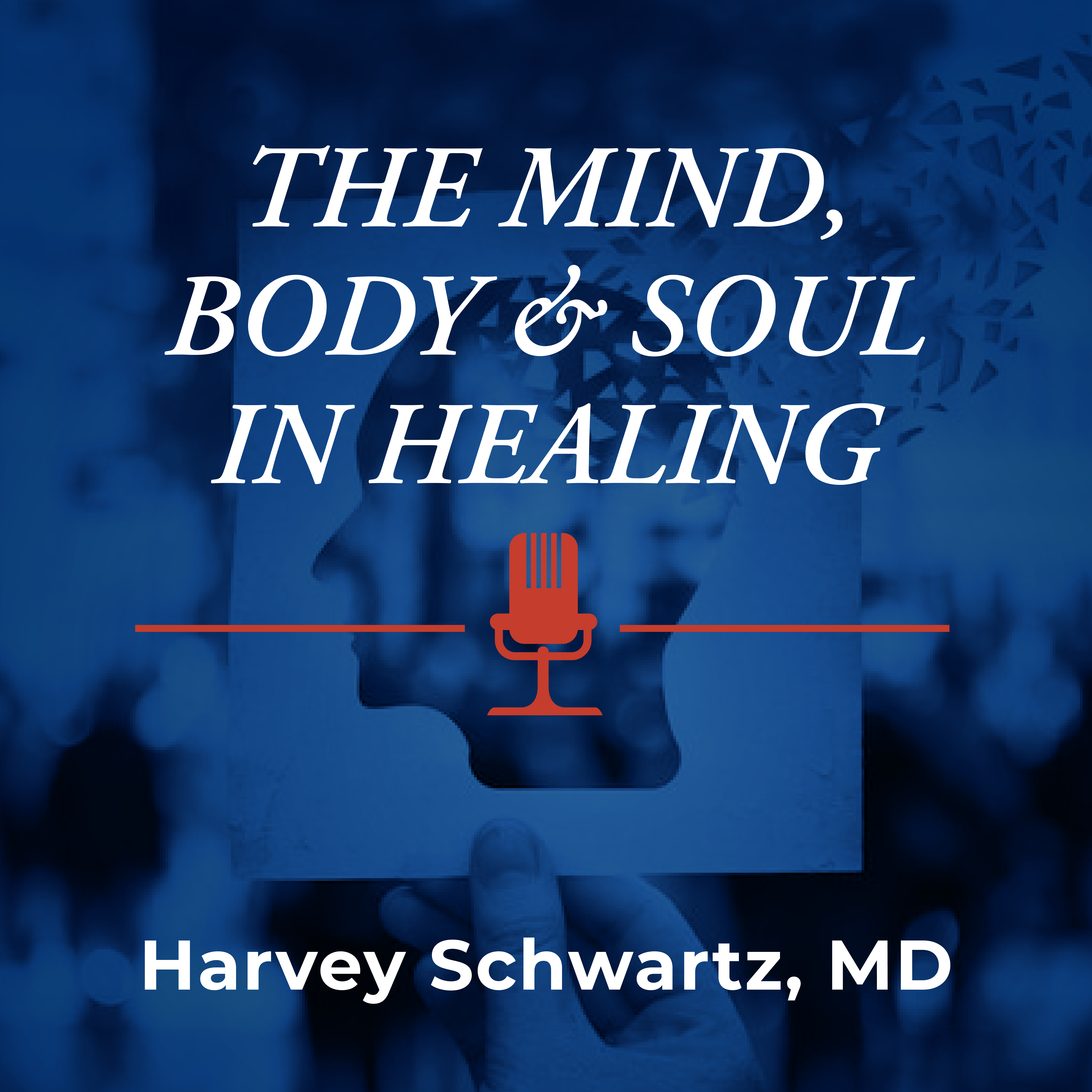
Episode description:
We discuss the history of plant medicines over the millennium as well as the recent research into their medical benefits that took place in the 1950s and 60s. We review the current studies on the role of psychedelic therapies with cancer related anxieties, severe depression, addictions and PTSD as well as with eating disorders and obsessive-compulsive conditions. Dr. Guss describes the various levels of transcendence that may occur while using psilocybin and how it may deepen an individual’s awareness of the interconnections among living beings. Finally, we review how the careful clinical use of these substances may be usefully applied adjunctively to an ongoing depth psychotherapy.
Our Guest:
Jeffrey Guss, MD is a Clinical Assistant Professor of Psychiatry at NYU School of Medicine. He is a psychiatrist and psychoanalyst who has been practicing for 30 years. He is active in numerous psychedelic research projects with the NYU School of Medicine and Yale University. He is a graduate of the NYU Postdoctoral Program in Psychotherapy and Psychoanalysis and is a Lead Trainer with Fluence (www.fluence8.com) a teaching center specializing in psychedelic integration. Dr.Guss is interested in studying and developing the relationship between psychedelics and psychoanalysis.


As I was listening, fascinated about Freud’s Sect 3 on ucs. emotions section of the 1915 paper where he talks about the connection between the visual scenario, the vorstellungen, with the emotions they precipitate when they rise towards consciousness. People who have had mind-altering experiences report going right to that point when the image brings the affect, lets them look at it, and lets them see how they return from that precipice. … I suspect this plays a role, too.
Thank you for this very interesting comment, Howard. It links nicely with finding in recent neuroscientific research on the effect of LSD on patterns of brain communication.
Carhart-Harris, Muthumaraswamy and colleagues (2016) observed specific changes in brain activity during LSD administration, linked to specific psychological effects. They found increased visual cortex cerebral blood flow and greatly expanded primary visual cortex functional connectivity; these were strongly correlated with ratings of visual hallucinations. In short, LSD brought about greater influence of the visual processes (perception as well as association) in the the psychedelic state.
These finds offer a fascinating possibility that the dream-like state of psychoanalytic engagement, termed “vorstellungen” by S Freud, has has been shown to have a somatic counterpart in brain circuitry seen with contemporary research techniques.
Reference: Carhart-Harris, R. et al. (2016) “Neural correlates of the LSD experience revealed by multimodal neuroimaging”. Proceedings of the National Academy of Sciences. 113(17), 4853-4858.
I remember the great French Topologist, Rene Thom, founder of Catastrophe Theory talking about how important it was to choose the right model for conceptualizing (I think the organ he chose was the knee) … I think Galatzer-Levy tried applying some of his work in at least one JAPA piece in 1978. It’s good — to my way of thinking — to have verification from other models, here, the neuro-psychiatric one but i do wonder what changes that is therapeutic that allows the traumatic memories to be integrated into normal responses rather than acute anxieties and their defensive sequelae. Do we have here a bridge between exposure therapies and psychoanalytic ones that your research demonstrates? I think I’m willing to go with a maybe here. Maybe we should also be looking at culturally prescribed traumas like pubertal initiation rites and peyote rituals … and, also, the exposure therapies such as Francine Shapiro’s magical finger wagging or its earlier version, the Breuer/Freud Pressure Technique where Freud (in the Studien) argues that any dissociative method would work in the place of their pressures. Any case, love your work … think it’s important for many reasons … clinical, theoretical, … With thanks … HHC.
I’m not a psychoanalyst — I’m coming from the spiritual side of things, with a podcast I did on this topic, comparing it to genuine spiritual experience, here: https://podcasts.apple.com/us/podcast/modern-world-zen/id1443328648?i=1000426157466 — but I can’t help but take the Freudian side: Freud writes about limitless narcissism, in Civilization and its Discontents, and I think there might be a trauma in taking these drugs, which could take one back to childhood, in the same way that Freud saw it, because we still retain these infantile structures from childhood, alongside our more mature personality structure.